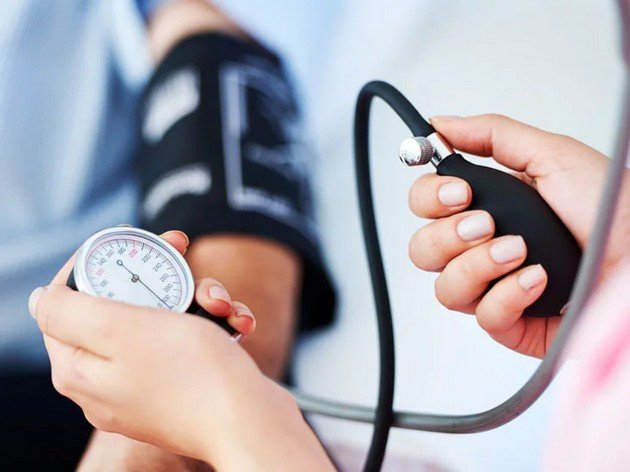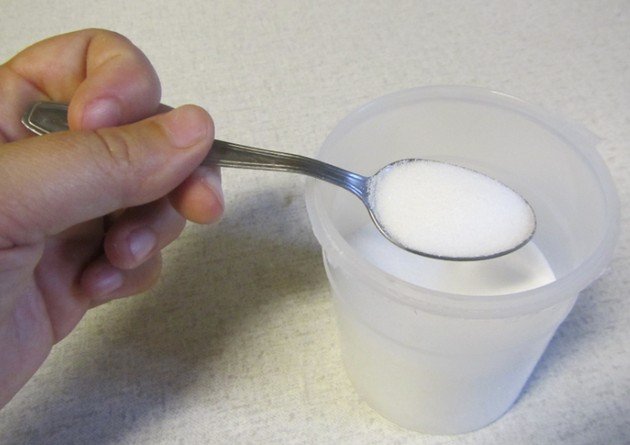In addition to swelling of the joints, face and hands, digestive problems can also be a sign that you are eating too much salt. If, on the other hand, you overdo your salt intake for a long period of time, you can create numerous problems for yourself – from high blood pressure to kidney stones.
Table salt, also known as sodium chloride, is an ingredient without which we cannot imagine our food.
Table salt contains about 40% sodium and 60% chloride, and in addition to significantly improving the taste of food, it can also extend its shelf life.
That is, for centuries, salt has been used as a food preservative because in large amounts of salt, bacteria cannot survive.
In salt, sodium is the ingredient that can cause us problems if we overdo it.
While our body needs sodium, in large amounts it can cause a lot of harm.

In the following, what are the signs that you are eating too much salt, how are you risking your health, but also how much salt you should eat:
Signs that you are eating too much salt
The high amount of salt in the body is characterized in several ways :
Bloating: Salt retains fluids in the body, which can cause abdominal bloating.
High blood pressure: When there is too much salt in the body, the kidneys work harder, and this results in increased blood pressure.
Swelling: Again due to fluid retention in the body, swelling of the hands, face, feet and ankles can occur.
Thirst: Salt dehydrates the body, so the need for water increases.
Weakness: When there is a lot of salt in the blood, a feeling of fatigue can also occur.
Digestive problems: A large amount of salt can cause nausea, diarrhea and similar problems.

What are the risks of eating too much salt?
If you occasionally eat more salt than usual, you shouldn’t face any consequences.
But long-term consumption of a lot of salt can cause a whole host of problems.
These include:
- Cardiovascular problems, such as an enlarged heart and high blood pressure
- Increased risk of stroke
- Decreased amount of calcium in the body
- Osteoporosis
- Kidney stones
- Headaches
- Increased risk of stomach cancer

What if you avoided salt altogether?
We have already mentioned that sodium from salt is needed by the body. Well, you can also face problems if its level is very low, that is, if you do not consume salt at all.
In addition to a salt-free diet, there are other causes of low sodium levels in the body, including :
- Certain medications (such as some diuretics, antidepressants, and pain medications)
- Heart, kidney or liver problems
- Chronic diarrhea or other cause of dehydration
- Drinking too much water
- Hormonal changes
Low sodium levels are characterized by symptoms such as nausea and vomiting, headache, confusion, weakness and muscle cramps, and in serious (but rarer) cases – coma.
How much salt should you eat?

It is important to know that salt is not dangerous if you eat it in moderation.
But if you have health problems and your doctor has told you to reduce or completely avoid salt, then you must listen to his recommendations.
In general, it is recommended not to consume more than 2,300mg of sodium per day, while the optimal amount is around 1,500mg. This is about one teaspoon of salt per day.
In reality, many of us consume more than this.
However, if you’re trying to be moderate, eat a generally healthy diet, and don’t experience the symptoms we mentioned above, you shouldn’t be too concerned about your salt intake.
Of course, if you have any concerns, consulting a doctor can be of great help.